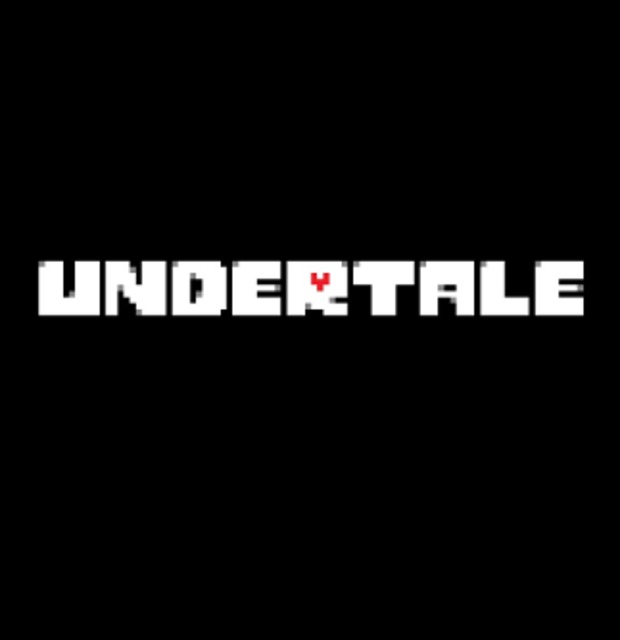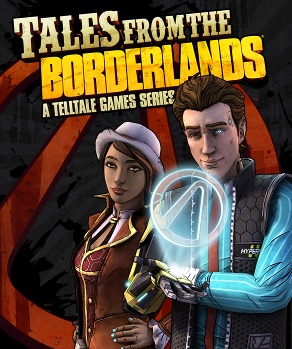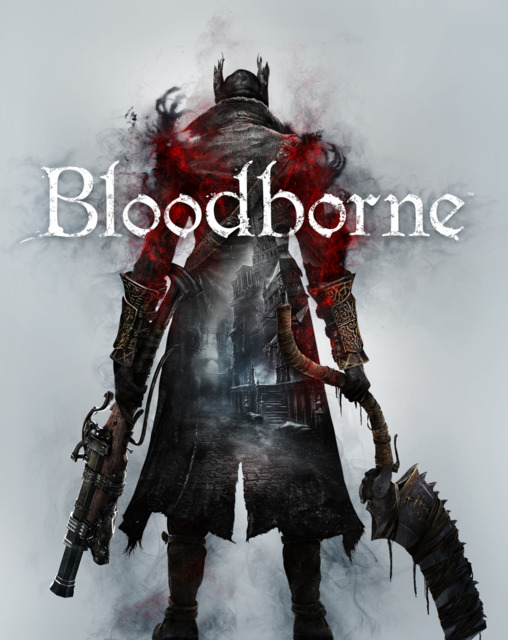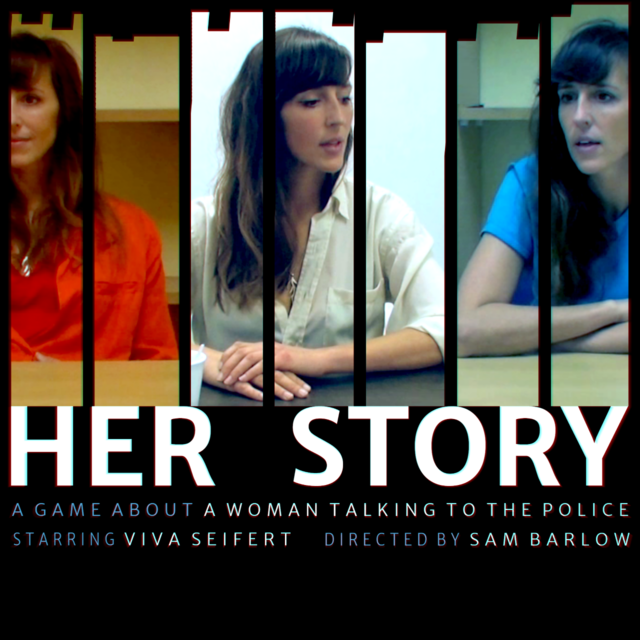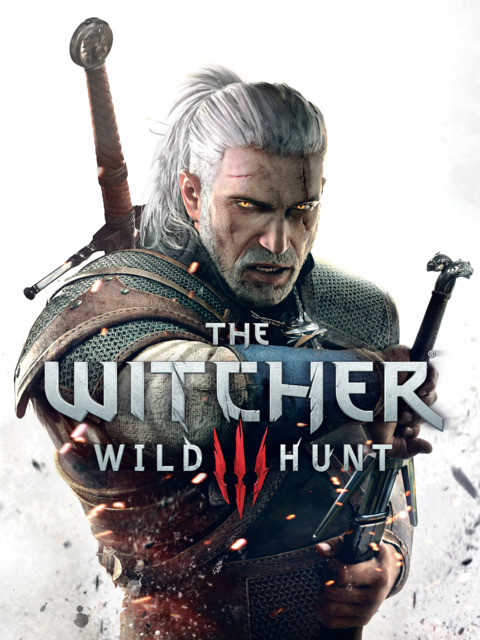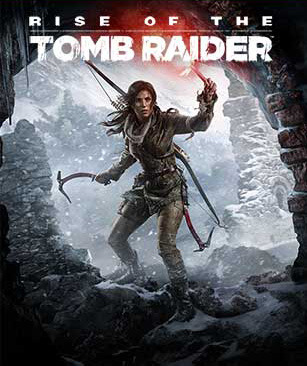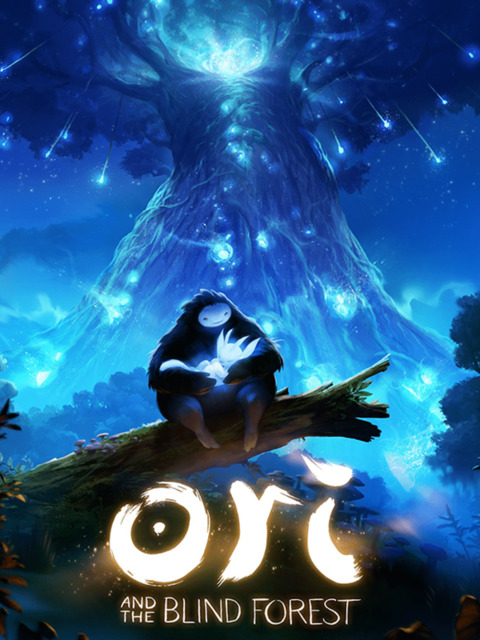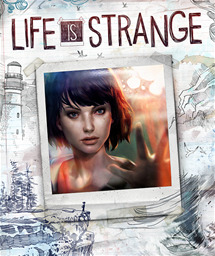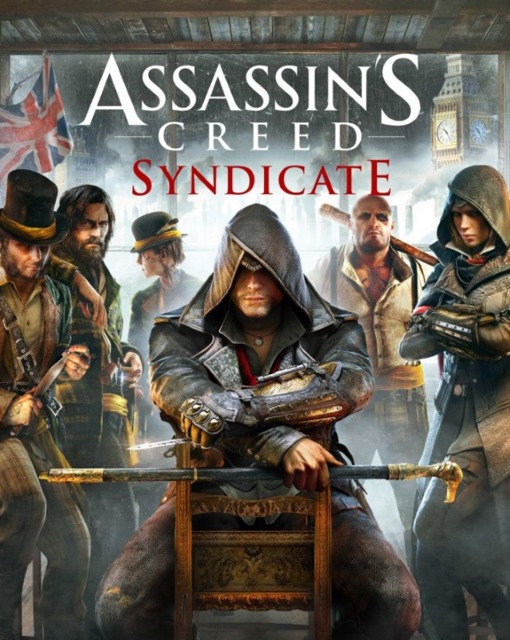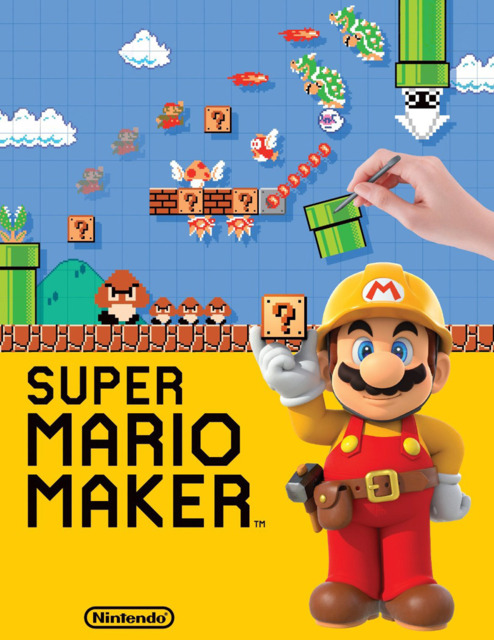Best of 2015
Honorable Mentions:
- Fallout 4
When the honeymoon period ended, Fallout 4 plummeted to the bottom (and eventually off) my list. There are simply too many fundamental mechanical, narrative, and design flaws to warrant a top-10 spot. But boy that 5-40 hour wanderlust period was excellent. - Invisible Inc.
I feel like Invisible Inc. is a necessary studypiece in game design school. It's a bit reminiscent of Splunky in the way that it's a perfectly scaled experience that has clearly been refined over years. Every element is essential, satisfying, and thought-provoking... all in a genre mash-up that we haven't seen much of before: turn-based stealth. - Starcraft 2: Legacy of the Void
Narrative isn't why Legacy is on here (because it's typical Blizzard horseshit). Legacy is a bountiful package with tons of top-tier singleplayer missions, and some really great new modes. Of note, the cooperative mode really stood out to me. Comp stomps were always my thing, and they've found a way to make them much more replayable, and tied some really solid progression hooks in there.
The Shame List:
- Pillars of Eternity
- Metal Gear Solid V: The Phantom Pain
- Shadowrun: Hong Kong

